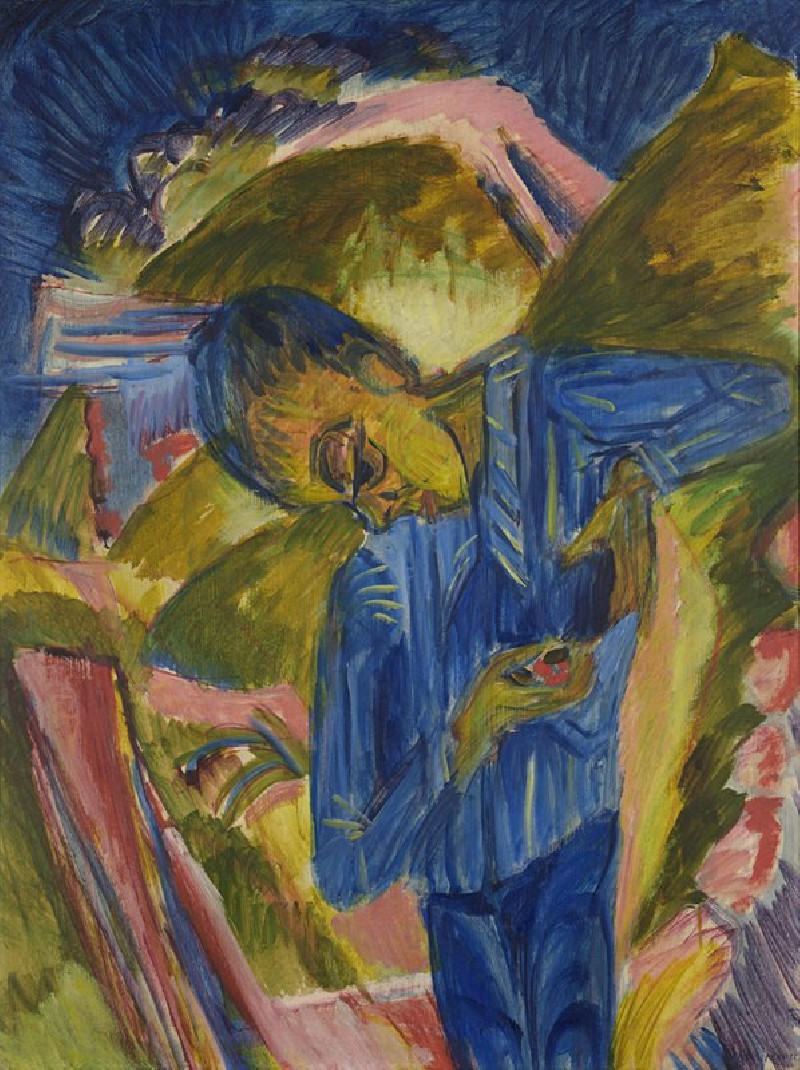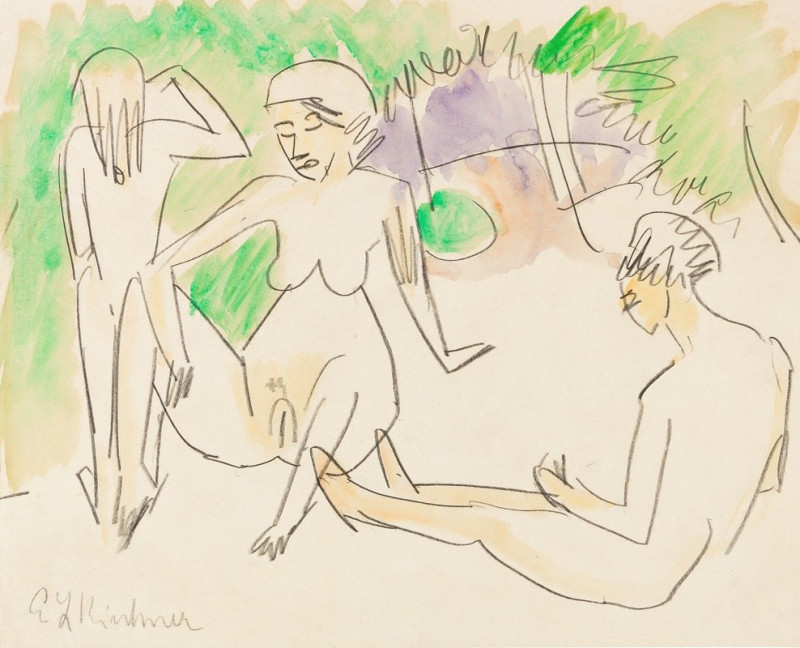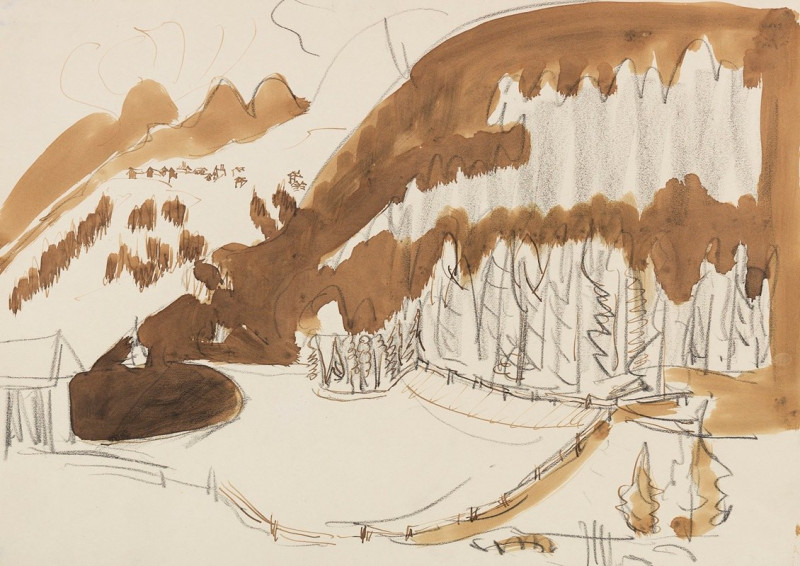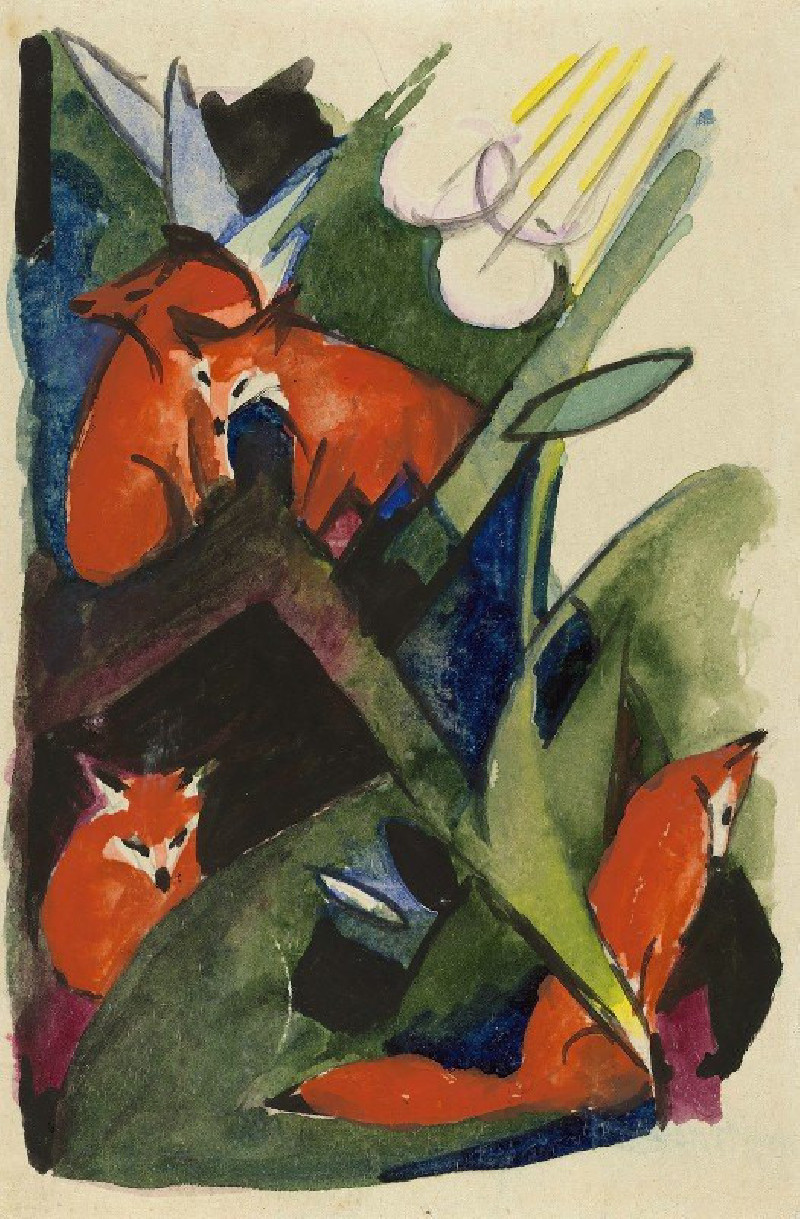Im Bordell (1913-1920)
More about this artwork
Delivery
Reproductions are made to order and take 5 to 7 working days.
We send them out by courier and delivery takes another two working days.
If you need a reproduction sooner, please contact us - we can usually find a solution and produce it a little faster.
If you don't want to pay for postage, you can pick up your paintings at our galleries in Kaunas or Vilnius.
Returns
Yes, reproductions can be returned.
If you have any doubts more than 30 days after the date of purchase, please contact us - we will take the reproduction back for a refund or offer you a replacement!
We accept a maximum of two returns per customer - please note that we make reproductions to order, so please choose responsibly.
We do not refund shipping expenses.
Ernst Ludwig Kirchner (1880–1938) was one of the most important German Expressionist painters. He was a co-founder of Die Brücke, a group of German expressionist artists formed in Dresden in 1905. Die Brücke and Kirchner took inspiration from Vincent Van Gogh and Edvard Munch, as well as African and Oceanic art. They used woodblock printing as a medium to showcase their signature style: flat, unrealistic images with vivid colors. The recurring themes in Kirchner's artworks included exotic cultures, faraway landscapes, self-portraits, dancers and Berlin street life. His paintings and prints effectively portrayed non-European cultures despite the fact that he never traveled outside of Europe.














































